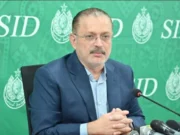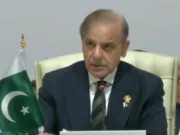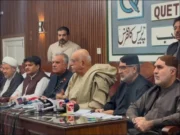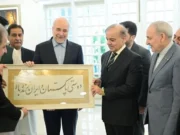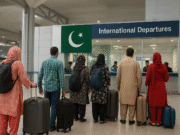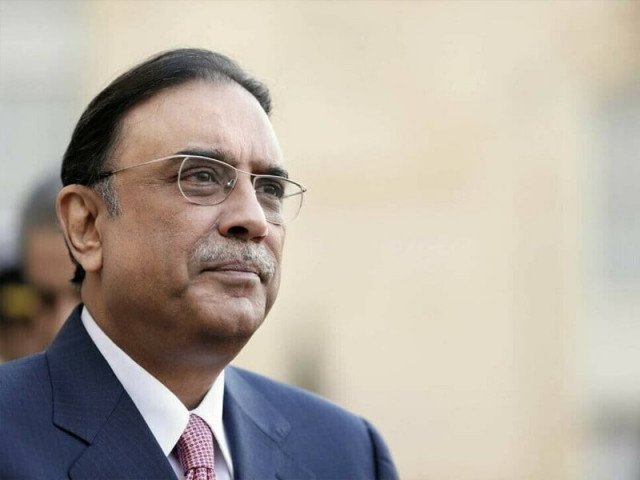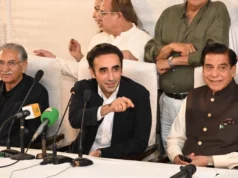ISLAMABAD — President Asif Ali Zardari on Saturday approved a change in the constitution of the 11th National Finance Commission (NFC) following Balochistan’s decision to revise its nomination for the body tasked with determining revenue-sharing between Pakistan’s federal and provincial governments.
According to a statement issued by the President’s Secretariat, the Government of Balochistan has now nominated Mahfooz Ali Khan as its non-ex-officio member, superseding the earlier nomination. The 11th NFC, constituted on August 22, is chaired by Finance Minister Muhammad Aurangzeb and includes four provincial finance ministers and four non-statutory members — one from each province.
Its inaugural session was postponed at the request of the Sindh government due to the impending flood situation.
Under Article 160 of the Constitution, the NFC is responsible for distributing the net proceeds of five major federal taxes — including income tax, sales tax on goods, excise duties, and export duties — between the federation and the provinces. The commission has also been tasked with recommending federal grants-in-aid to provinces, determining borrowing powers for both tiers of government, and considering sharing of expenditures on matters such as natural disasters, health programs, major infrastructure projects, and other national initiatives.
Analysts see the expanded terms of reference as an indication that the Centre intends to secure provincial contributions toward major projects, disaster management, and horizontal health programs, while also advocating performance-based incentives rather than purely population-based allocations.
In a separate development, President Zardari also signed three major bills into law:
- Criminal Laws (Amendment) Act, 2025 – introducing unspecified reforms in Pakistan’s criminal justice framework.
- Pakistan Land Port Authority Act, 2025 – establishing a statutory authority to coordinate the movement of goods and passengers across land border crossings. The body will serve as a central platform for inter-agency coordination, trade facilitation, and compliance with international conventions. With this step, Pakistan becomes the third country in South Asia, after India and Bangladesh, to set up a dedicated land port authority.
- Petroleum (Amendment) Act, 2025 – strengthening anti-smuggling measures, empowering local administrators and customs officials to confiscate illegal petroleum products and vehicles, introducing IT-based tracking, and imposing tougher penalties to improve transparency and curb tax evasion.
The legislative package is expected to modernize Pakistan’s fiscal management, enhance cross-border connectivity, and tighten regulatory oversight in key sectors.


